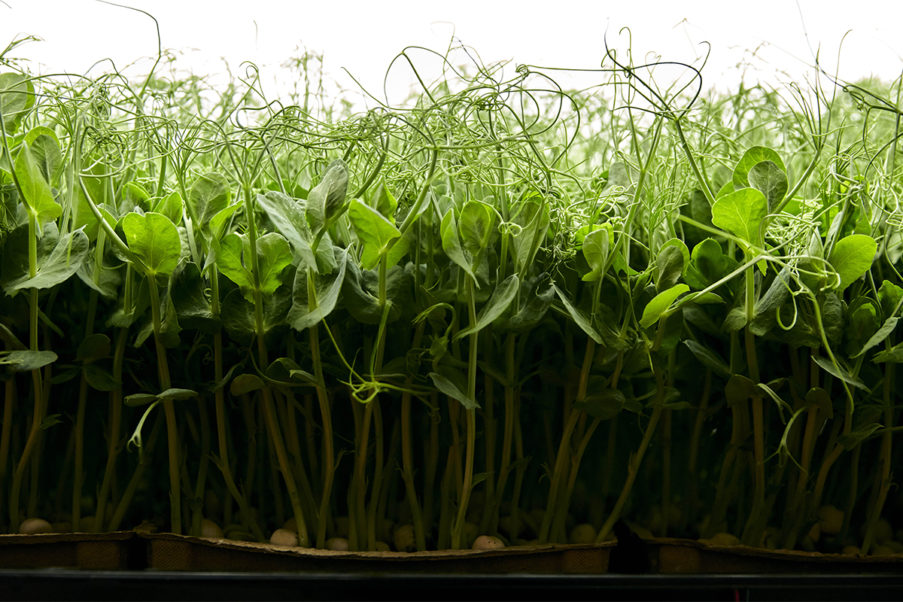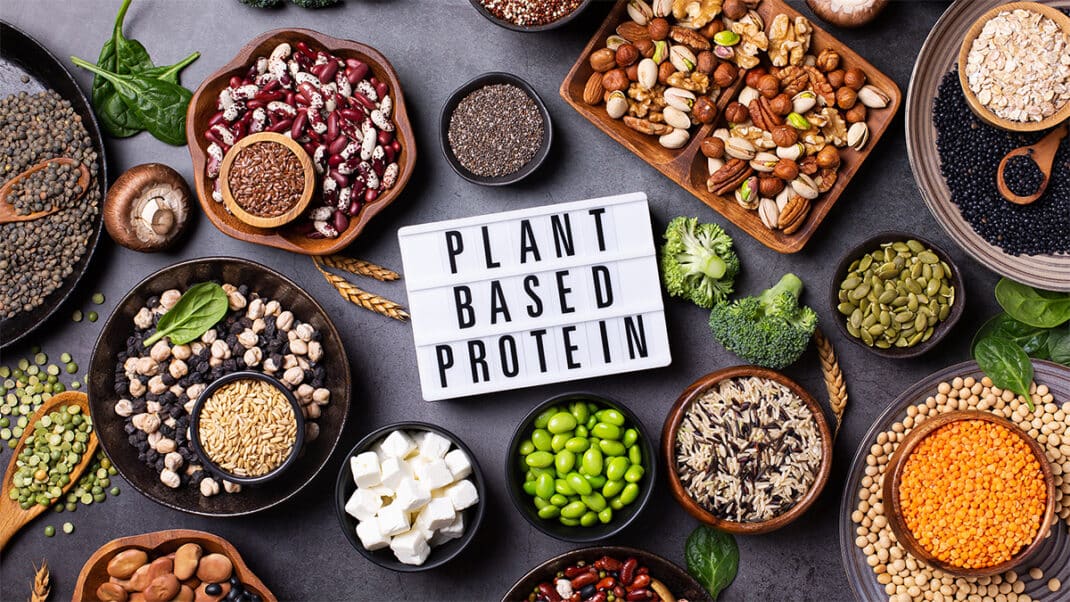Nutritional Quality of Vegan Food
The nutritional ups and downs of imitation edibles.

Plant-based substitutes for everything from burgers to sausages to chicken nuggets—not to mention every imaginable nondairy milk option, ranging from oat to pistachio—are now a fixture in supermarkets and on restaurant menus. But what happens to the nutritional quality of diets when people swap out traditional animal-based options for vegan food made from plants? A team of researchers from France uncovered some good and not-so-good aspects of these food swaps.
The study, reported in The Journal of Nutrition, used simulated diets of 2,121 adults where meats, milk and dairy desserts were replaced with 96 different plant-based vegan food options. Results showed higher consumption of fiber, alpha-linolenic acid (an omega-3 fat), folate and vitamin E. But there were noticeable drops in vitamin B12, riboflavin, zinc, iron, calcium and iodine. Using calcium-fortified dairy substitutes improved calcium adequacy, but iodine—which is found in dairy and isn’t fortified in plant-based alternatives—was still a concern.
Study authors pointed out that plant-based substitutes that include legumes such as soy appeared to be more nutritionally adequate substitutes for animal products than were grain-based substitutes. The take-home message is that anyone who relies heavily on these products needs to be aware of the nutrients of concern and plan to include enough of them in their diets.
See also: Bone Up on Vegan Nutrition
Matthew Kadey, MS, RD
Matthew Kadey, MS, RD, is a James Beard Award–winning food journalist, dietitian and author of the cookbook Rocket Fuel: Power-Packed Food for Sport + Adventure (VeloPress 2016). He has written for dozens of magazines, including Runner’s World, Men’s Health, Shape, Men’s Fitness and Muscle and Fitness.





